Middle East
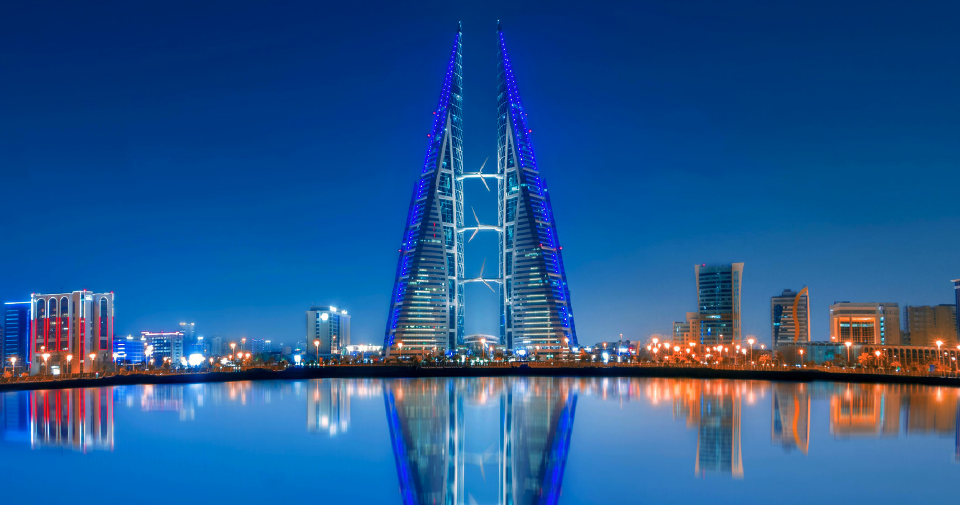
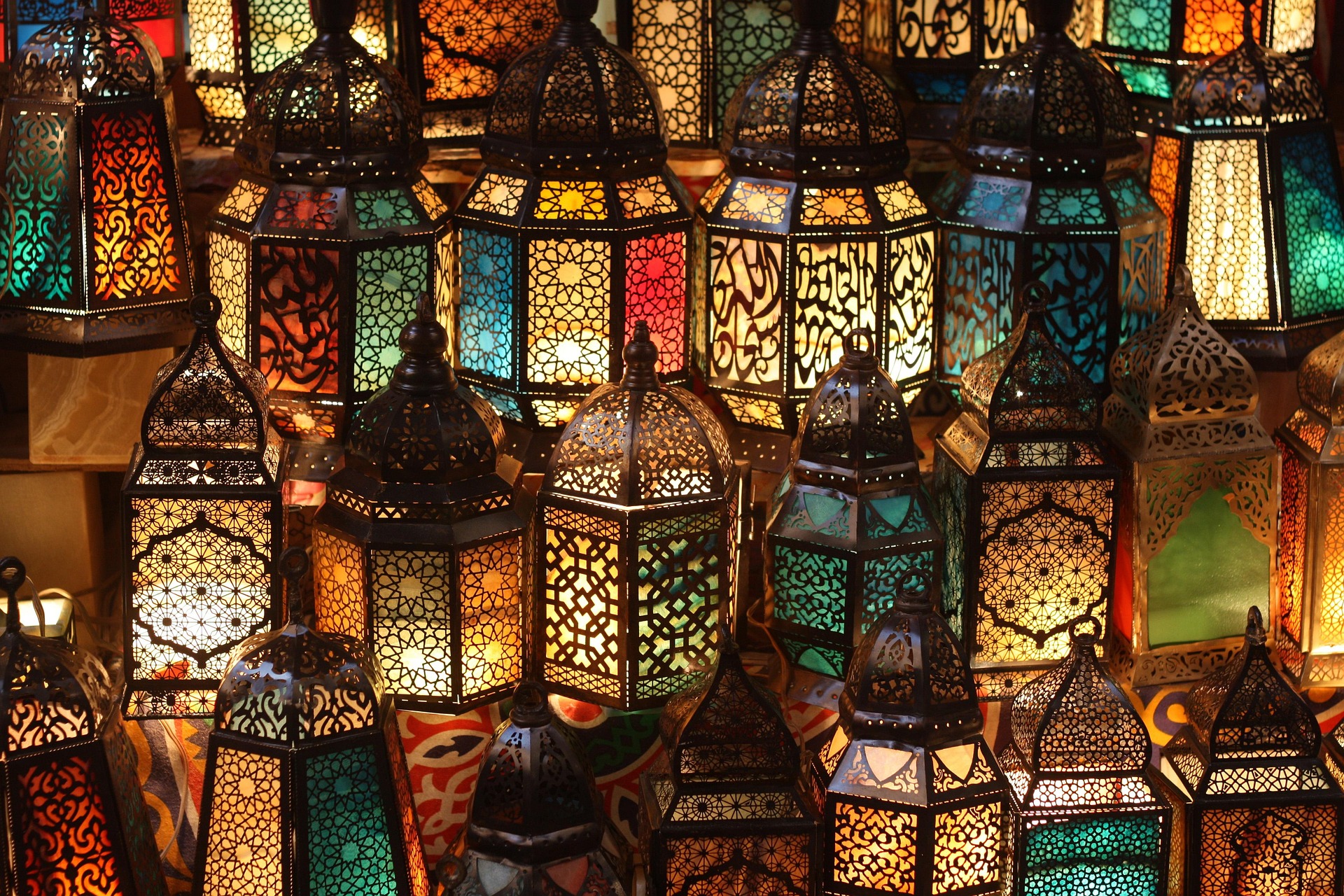
The Middle East’s best digital banks: The future of retail banking
Euromoney MarketMap 2025
Retail banking
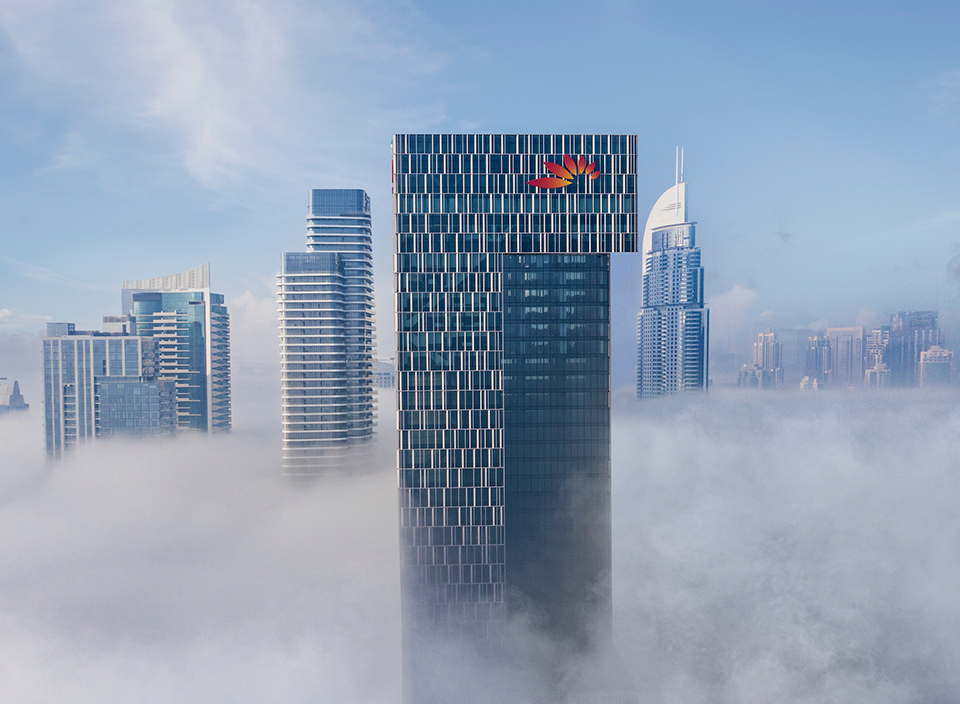
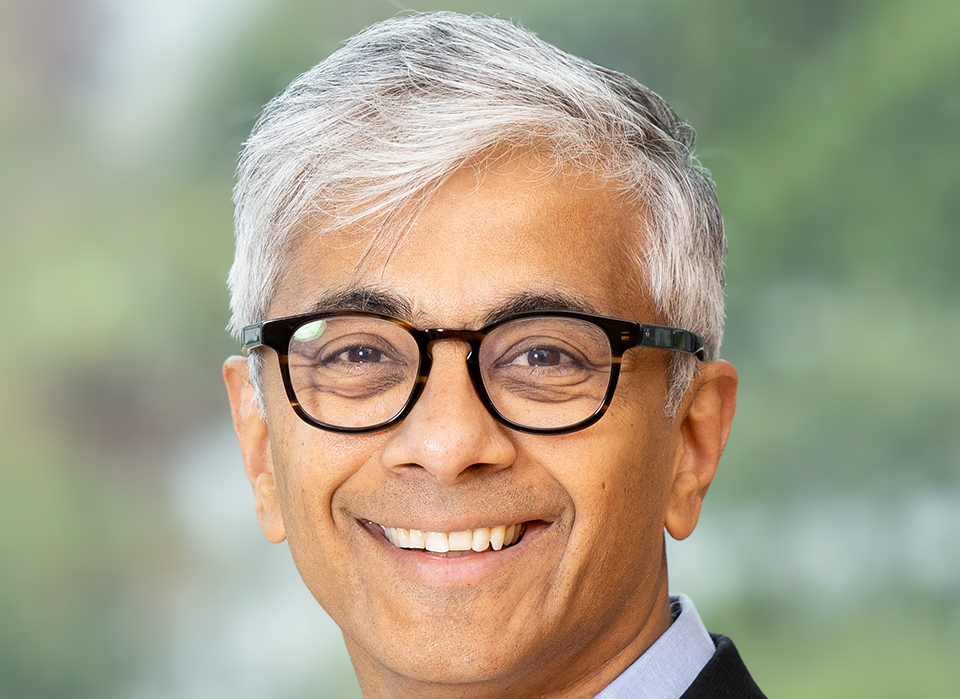
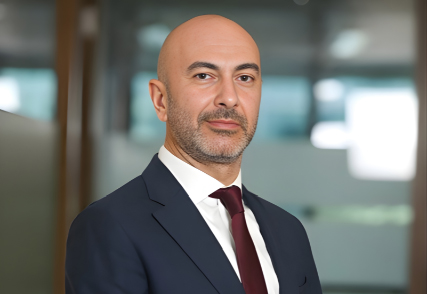
Corporate banking
The Middle East’s best transaction bank for financial institutions 2025: Citi

Transaction Banking Awards
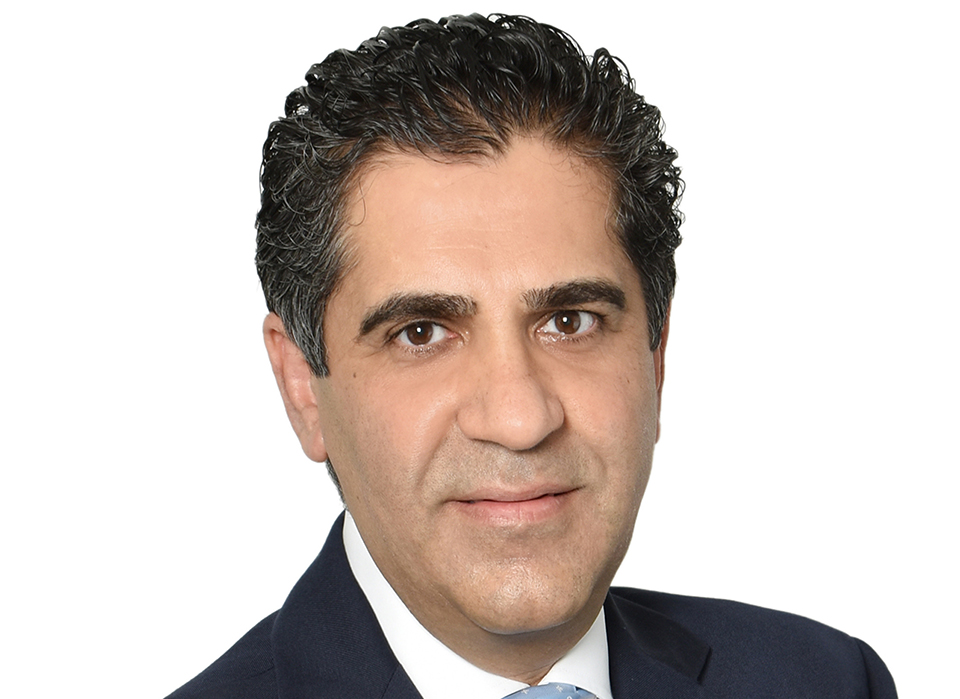
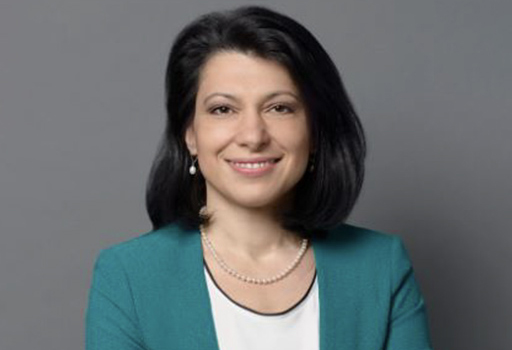
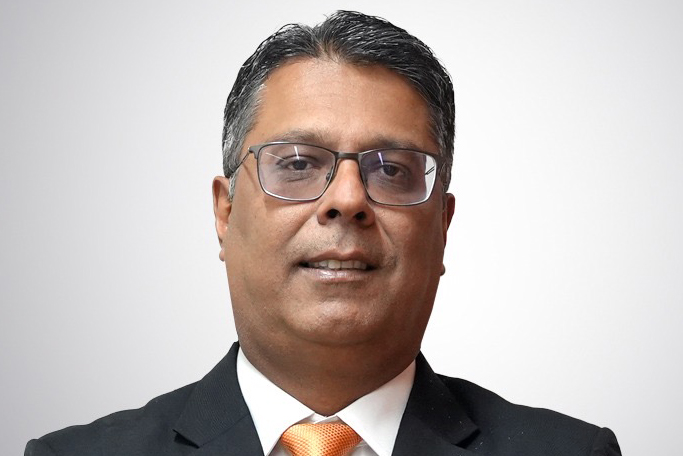
Corporate banking
The Middle East’s best cash management bank 2025: Mashreq

Transaction Banking Awards

Corporate banking
The Middle East’s transaction banker of the year 2025: Mashreq’s Vivek Batra

Transaction Banking Awards
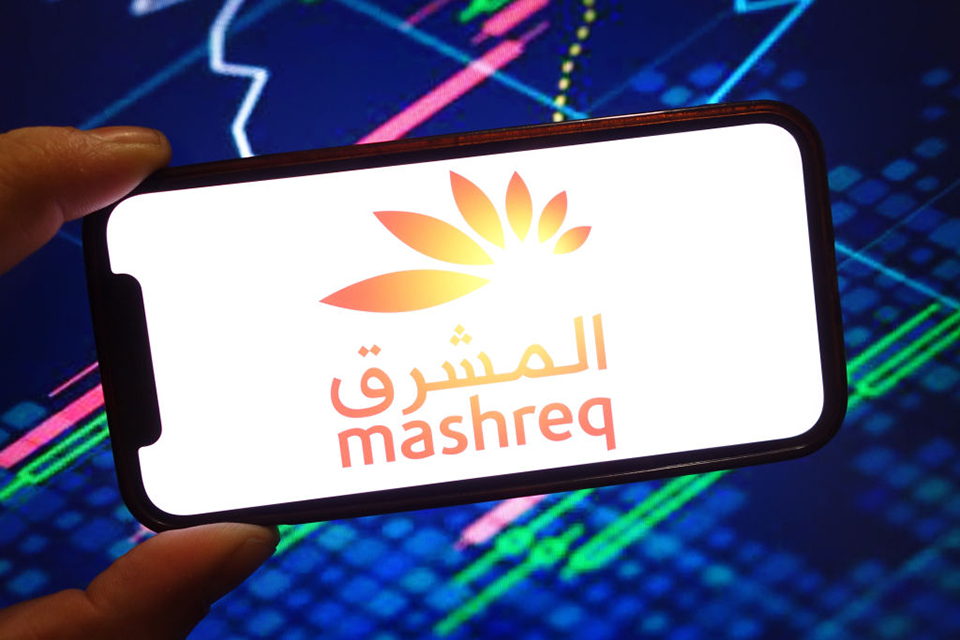
Corporate banking
The Middle East’s best cash management deal 2025: Mashreq

Transaction Banking Awards
Corporate banking
Bahrain’s best cash management bank 2025: National Bank of Bahrain

Transaction Banking Awards
